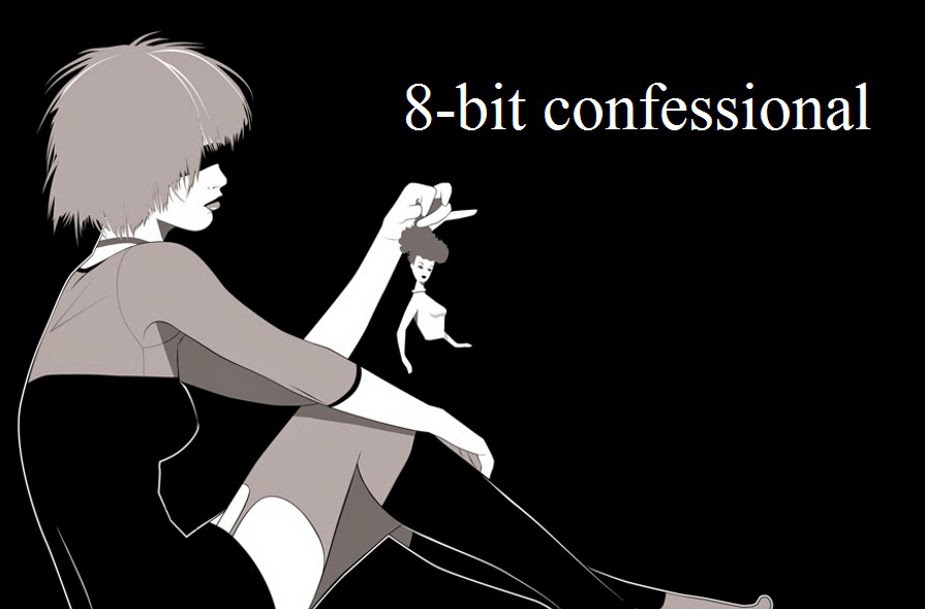
So, yeah, it has been a less than productive month blogging. I've kind of been wrapped up in things and not doing too much gaming.
So, I return with an entry on a smallish game, the follow up to Thomas Brush's Coma. Brush's new game is called Skinny, and it stars a gangly robot with mommy issues (of a sort).
I don't think that I am as captivated by this title as the previous one, oddly maybe because it has more game-like qualities to it. While a more fully developed game, Skinny's activities maybe interfere with the moody atmosphere, and atmosphere is what Brush does very well. That being said Skinny still has a rather beautiful aestehtic and tone. Dude knows how to create a mood, which is what I largely admire him for.
Also, I think that I am beginning to catch hints of an anti-authoritarian vibe that I think I really appreciate, however, I may just be placing my own lack of love for paternalism on his work. That's kind of what this blog entry is about, considering whether Brush has some of those ideas in mind by comparing some of the paternalistic anatagonism present in both games.
Read on over at PopMatters:
In the Grip of the Paternal: Thomas Brush’s Skinny




